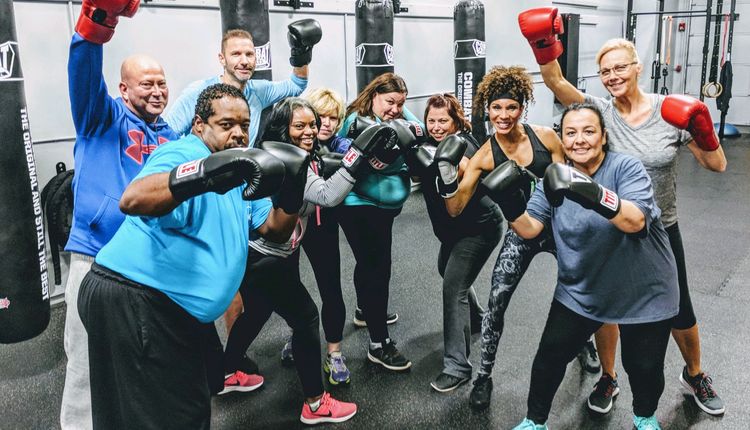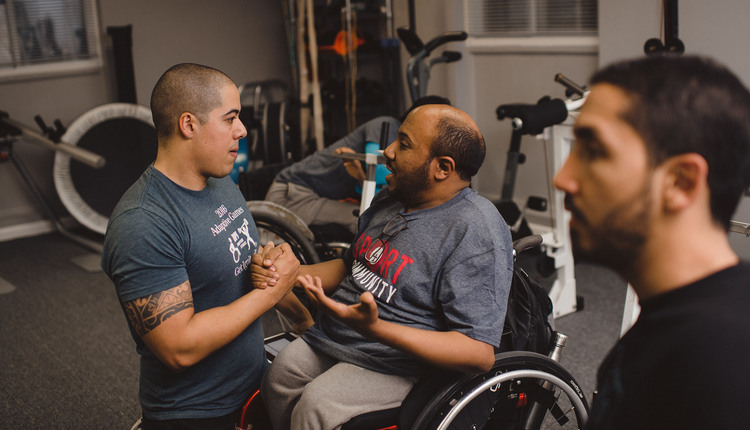
The core of what makes us successful as fitness professionals is our ability to create and nurture relationships. The best training knowledge can only mask the inability to maintain relationships or general lack of emotional intelligence for so long before a client – of any age, gender, or physical capability – will determine the relationship is not serving them and look to take their business elsewhere.
Relationships are built on communication, both verbal and non-verbal. Particularly since body image, physical capability, emotion, and individual wants and needs are often at the center of what we’re helping our clients understand, what we say can have a significant effect on our clients.
With some help from our Facebook community, here are ten things to never say to a client or potential client. There are some of the seemingly obvious ones like making comments about a client’s weight or physical appearance or prefacing an exercise with “this is really going to suck, but just try it.” But here are some of the maybe less obvious or ones we just need reminding.
1. “No pain, no gain.”
This was overwhelmingly agreed upon as being something that may not resonate with the average client. Athletes/higher level performers may be a different story, but for the average, deconditioned client, pain should never be part of the equation.
2. Comparisons to other clients
While the intention may be to make them feel as if they are not alone in their particular situation, making comparisons can be treading in uncertain waters.
3. Telling a client they don’t seem to understand
Directly stating or insinuating that a client isn’t understanding what you are trying to tell them/show them can be interpreted as insulting or demeaning.
4. Comments about other gyms/trainers/fitness programs, etc.
Take the high road and refuse to speak poorly about other people, places or programs in the industry. Instead, use the opportunity to show your professionalism.
5. Inappropriate language
In no professional setting is it acceptable to use inappropriate language. It is a reflection of your professionalism.
6. Comments that aren’t relevant to a client’s goals
Comments about fitting into a bikini or getting six-pack abs to anyone who wants to exercise for energy and to feel stronger will come across as off-color and possibly offensive. Stick to positive reinforcement that is relatable to the goals your client has communicated with you.
7. You can’t do X because you’re [too old/too big/not strong enough/not flexible enough…]
Even if it may be the truth, no one wants to be told – or reminded – of their limitations.
8. A nickname or version of their name without their approval
A person’s name is one of the most important parts of identity. Don’t assume Katherine wants to be called Kathy, or Peter is ok being called Peter. A simple question that can go a long way with a client.
9. Assumptions about how a client feels, their mood, what their goals are or should be, how they look, etc.
No one wants to be told how to feel, or what they should want as a goal. Don’t make assumptions that someone wants to lose weight, or feel or look a certain way, or reaching for a specific goal.
10. Unspoken words, but communicated through body language
Be incredibly mindful about your body language and facial expressions; they often communicate more than spoken words.
At the end of the day, say what you mean and mean what you say. Be sure that what you say is thoughtful, well-intended and demonstrates your ability to empathize, even if you’ve never experienced life from their shoes. Self-awareness around communication will be your most valuable skillset.


















